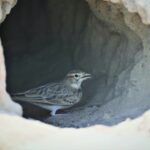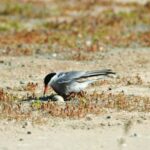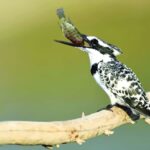Extreme heat threatens bird migration, rate of survival: Birdwatcher
Extreme heat and sudden weather fluctuations force birds to deviate from their routes, exhausting their energy reserves and fluids until many collapses from fatigue. Birds also avoid eating in high temperatures to prevent additional heat stress, which further weakens them. Breathing difficulties during flight increase their risk of heat stress, reducing survival rates -- Samira Al-Khalifa
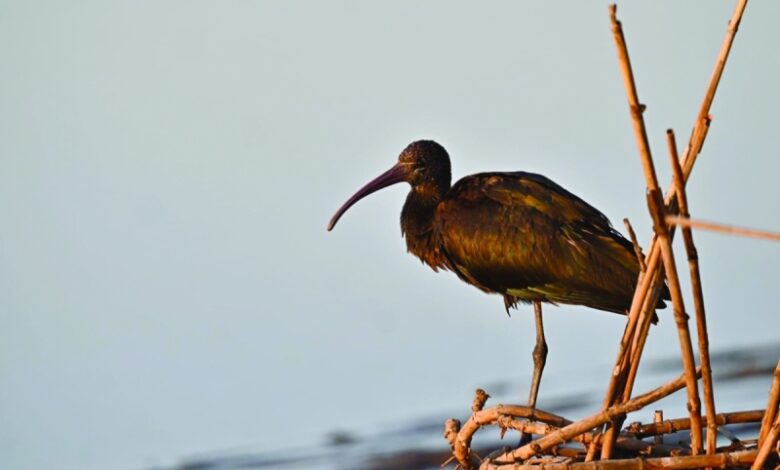
The Kuwait Environment Protection Society has warned that rising temperatures pose a serious threat to global bird migration patterns.
Scientific studies have confirmed that bird populations are declining worldwide, with some species now facing extinction as extreme climate conditions disrupt migration patterns and flight routes.

Samira Al-Khalifa, bird observer and head of the association’s environmental photography team, explained that migration is one of the most dangerous phases of a bird’s life. “Extreme heat and sudden weather fluctuations force birds to deviate from their routes, exhausting their energy reserves and fluids until many collapses from fatigue. Birds also avoid eating in high temperatures to prevent additional heat stress, which further weakens them. Breathing difficulties during flight increase their risk of heat stress, reducing survival rates,” she said.
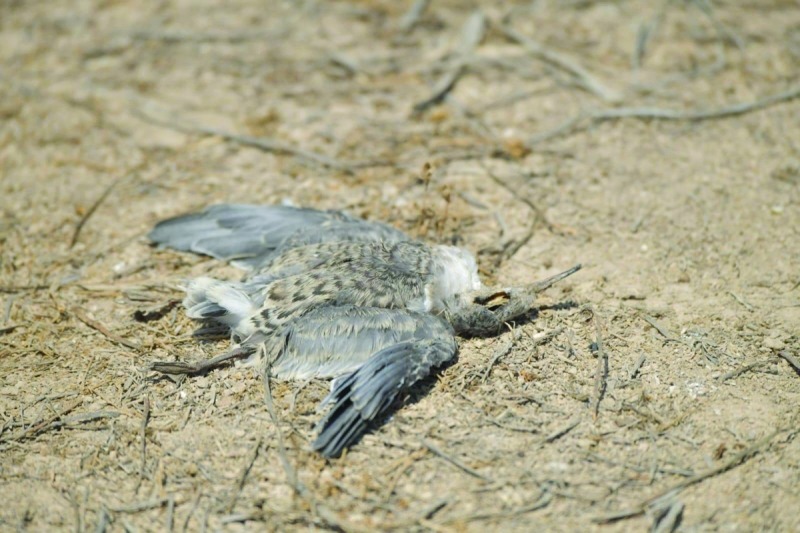
Kuwait, she noted, is an important migration corridor and home to key sanctuaries such as the Jahra Nature Reserve. However, soaring summer heat has already caused deaths among vulnerable species. “During one of our monitoring trips to Kubbar Island, we documented cases of terns dying because chicks could not withstand the heat,” she added.
Al-Khalifa linked these changes to global warming, driven by rising carbon dioxide, methane, and other greenhouse gases. These gases trap heat in the atmosphere, raising average global temperatures.
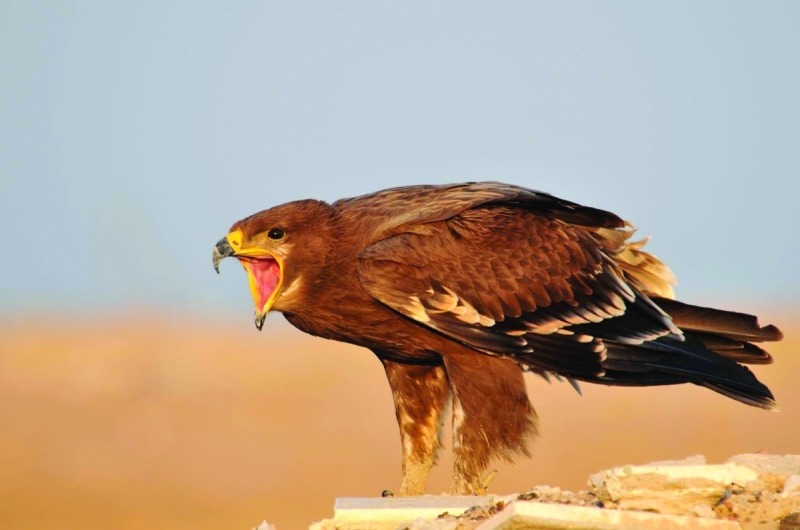
She emphasized that the world is experiencing unprecedented heatwaves, triggering widespread forest fires that destroy nesting grounds, food sources, and shelter, further endangering bird survival.
Another major impact, she said, is the disruption of migration cycles. Birds are increasingly forced to migrate earlier or later in search of food and water, often clashing with the life cycle of insects that serve as their main diet. This mismatch, known as “phenological incompatibility,” threatens reproduction. Global warming has also affected hatching periods and even altered the physical size and shape of some birds as they adapt to harsher climates.
To address the crisis, Al-Khalifa highlighted six key solutions — Preserving natural bird habitats; expanding the size of protected areas; planting trees to provide shade and shelter; supplying water in bird habitats, especially in remote areas; reducing greenhouse gas emissions and safe disposal of industrial waste.
“These measures are essential to safeguard bird populations, protect migration corridors, and restore balance to ecosystems,” she stressed.
Follow The Times Kuwait on X, Instagram and Facebook for the latest news updates





